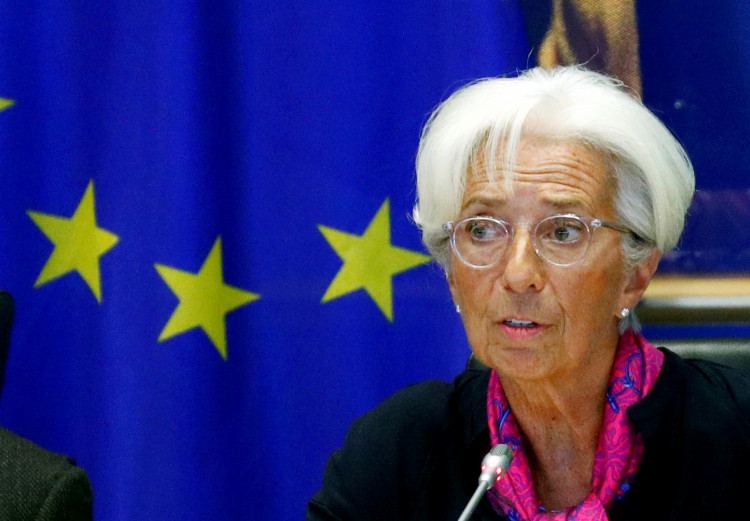The European Central Bank on Thursday cut interest rates by 25 basis points to 2.25%, its seventh reduction in a year, as policymakers confront deepening economic uncertainty sparked by U.S. trade actions and fading post-pandemic inflation. The move comes as the eurozone grapples with slowing growth, a volatile investment environment, and the threat of a broader trade war with the United States.
ECB President Christine Lagarde said the economic outlook was "clouded by exceptional uncertainty" following the imposition of U.S. tariffs by President Donald Trump on imports from the European Union, even as the administration paused most levies for 90 days. "It will be a question of agility in the face of what we are seeing," Lagarde told reporters in Frankfurt. "More than ever now we need to be data-dependent."
The ECB's benchmark deposit rate is now at the top of a range the central bank considers "neutral," neither stimulating nor restraining the economy. While the bank removed language characterizing rates as "restrictive," Lagarde stopped short of signaling further cuts, emphasizing instead a meeting-by-meeting approach.
The eurozone economy has been hit by tariff-driven trade disruption, capital flight, and a 9% surge in the euro, which now trades at an all-time high on a trade-weighted basis. Eurostat data released this week showed headline inflation slowed to 2.2% in March from 2.3% in February, while core inflation eased to 2.4% from 2.6%. HSBC, among others, lowered its inflation forecasts for the bloc to 1.9% for 2024.
Lagarde reiterated the bank's prior analysis that a full-blown trade war with the U.S. could slash eurozone GDP by as much as half a percentage point and push inflation up by 50 basis points. But she warned the estimate may now be too conservative. "I cannot tell you if we are at peak uncertainty," she said. "We have to stand ready for the unpredictable."
The ECB's rate decision aligns with a global shift in monetary policy amid tariff-related uncertainty. Markets anticipate the Bank of England will follow with its own cut in May, and Federal Reserve Chair Jerome Powell said this week that U.S. policymakers are weighing the impact of tariffs on inflation and employment. "We would consider how far the economy is from each goal," Powell said, noting that the path ahead may require "difficult trade-offs."
Investor confidence has already been shaken. Trump's tariffs on 60 countries, including a 20% levy on EU goods, have triggered volatile swings across equity and bond markets. While European services inflation has "eased markedly" and wage pressures are moderating, ECB officials say much of the slowdown is being absorbed in corporate margins.






